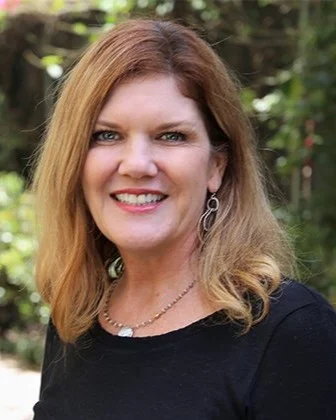
Is AI Behind California’s Bar Exam Crisis? What Happens Next?
In a startling revelation, the State Bar of California has confirmed that some of the questions on February's troubled bar exam were crafted with the aid of artificial intelligence, igniting a maelstrom of criticism and debate regarding the integrity of the licensing process. This announcement comes in the aftermath of widespread technical failures and irregularities that marred the exam, underscoring a significant transition to a new hybrid testing model meant to cut costs and increase access.
During a recent press briefing, the State Bar acknowledged its intention to request the California Supreme Court to lower the passing score from 560 to 534, citing severe disruptions experienced by 4,300 test takers. This controversial move is expected to touch off a wave of analysis and reflection on the bar exam's credibility, with results set to be released on May 2.

The bar exam's contentious rollout showcased an array of technical issues, including software crashes and proctor interruptions. In a bid to innovate, the State Bar partnered with Kaplan Exam Services to develop test questions, leading to criticisms regarding the qualifications of those tasked with creating exam content. “This is unacceptable and utterly outrageous,” remarked Mary Basick, assistant dean at UC Irvine Law School, highlighting her dismay at the use of AI-generated questions.
Academic experts argue that using AI to draft examination questions presents a conflict of interest, as these psychometricians are also responsible for ensuring the questions' validity and reliability. Despite the State Bar's assertion that all exam questions underwent rigorous review by subject matter experts, critics remain skeptical of the bar’s commitment to maintaining strong educational standards.
As educational leaders like Basick and Katie Moran of the University of San Francisco voiced their disillusionment, the conversation has shifted towards the potential long-term implications for the profession. Like Basick, who noted the significance of crafting questions that genuinely reflect a candidate’s legal acumen, Moran urged full transparency by advocating for the public release of all 200 questions featured on the exam.
Attorneys and lawmakers are now calling for a return to traditional examination methods, as the hybrid model's collapse has thrown the entire exam's integrity into question. “They have just shown that they cannot make a fair test,” Moran asserted. The State Bar maintains that they are committed to refining and enhancing the testing process, indicating that the issues encountered were not monolithic. “The bar exam test takers deserved better, and we apologize for the difficulties many experienced,” said Brandon Stallings, Chair of the State Bar Board.
As California prepares for a possible overhaul of its testing process, the developing story raises significant questions about the future of legal education and the validity of licensing procedures. Will the reliance on technology enhance the exam's reliability, or has it ushered in a new era of uncertainty for aspiring lawyers? The answer remains to be seen in the upcoming decisions by the California Supreme Court.
What do you think about the implementation of AI in such a critical examination process? Share your thoughts in the comments below.